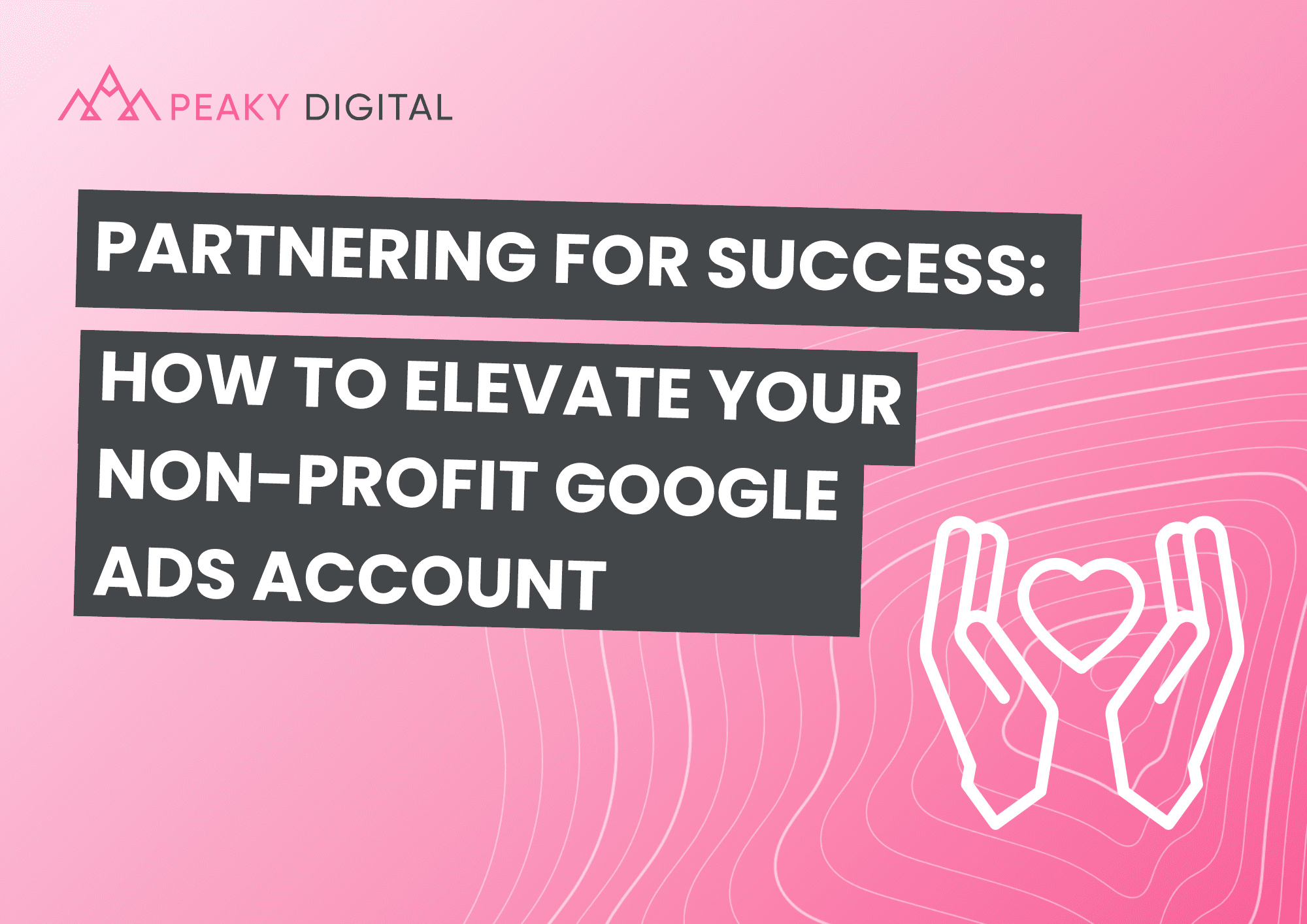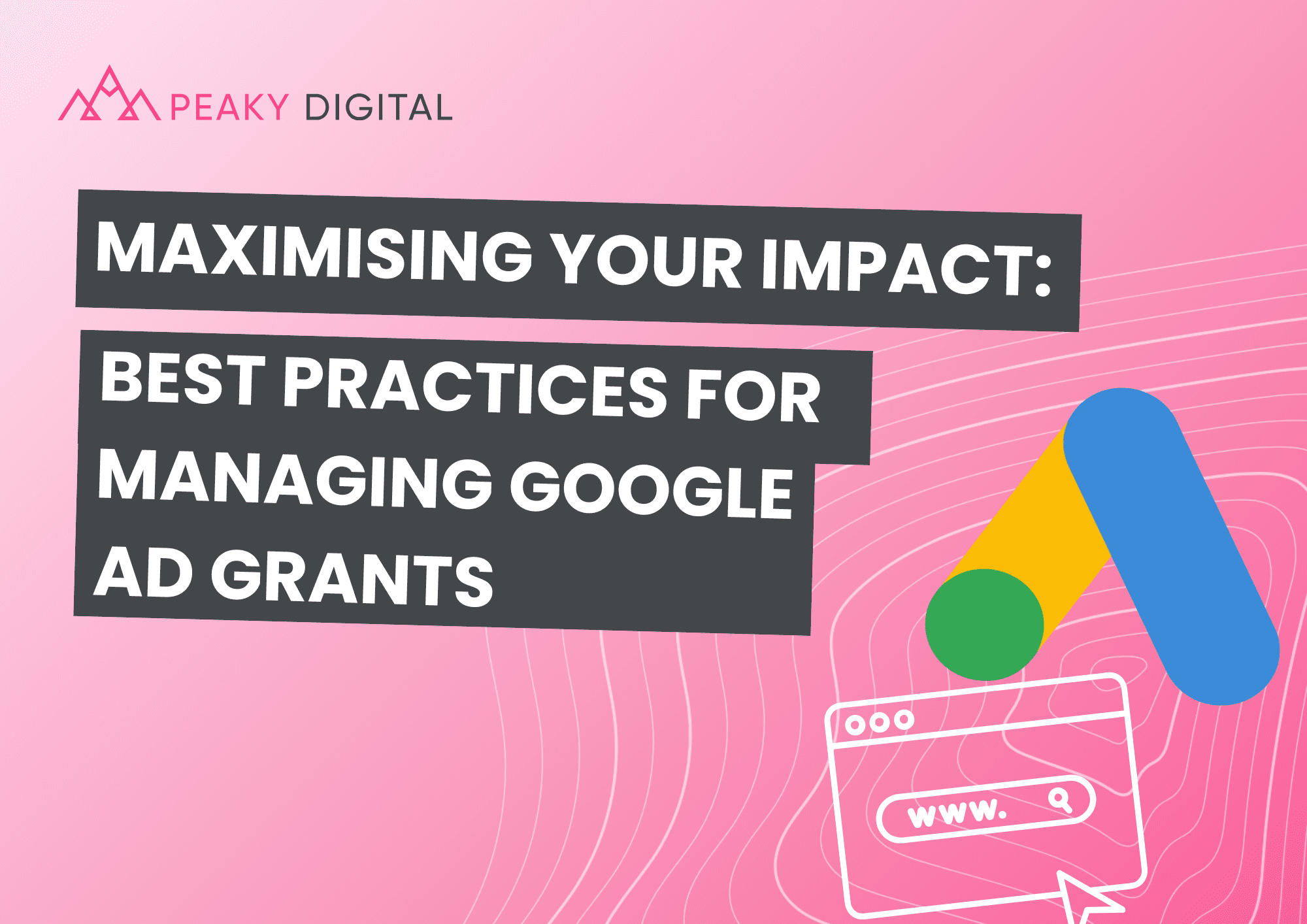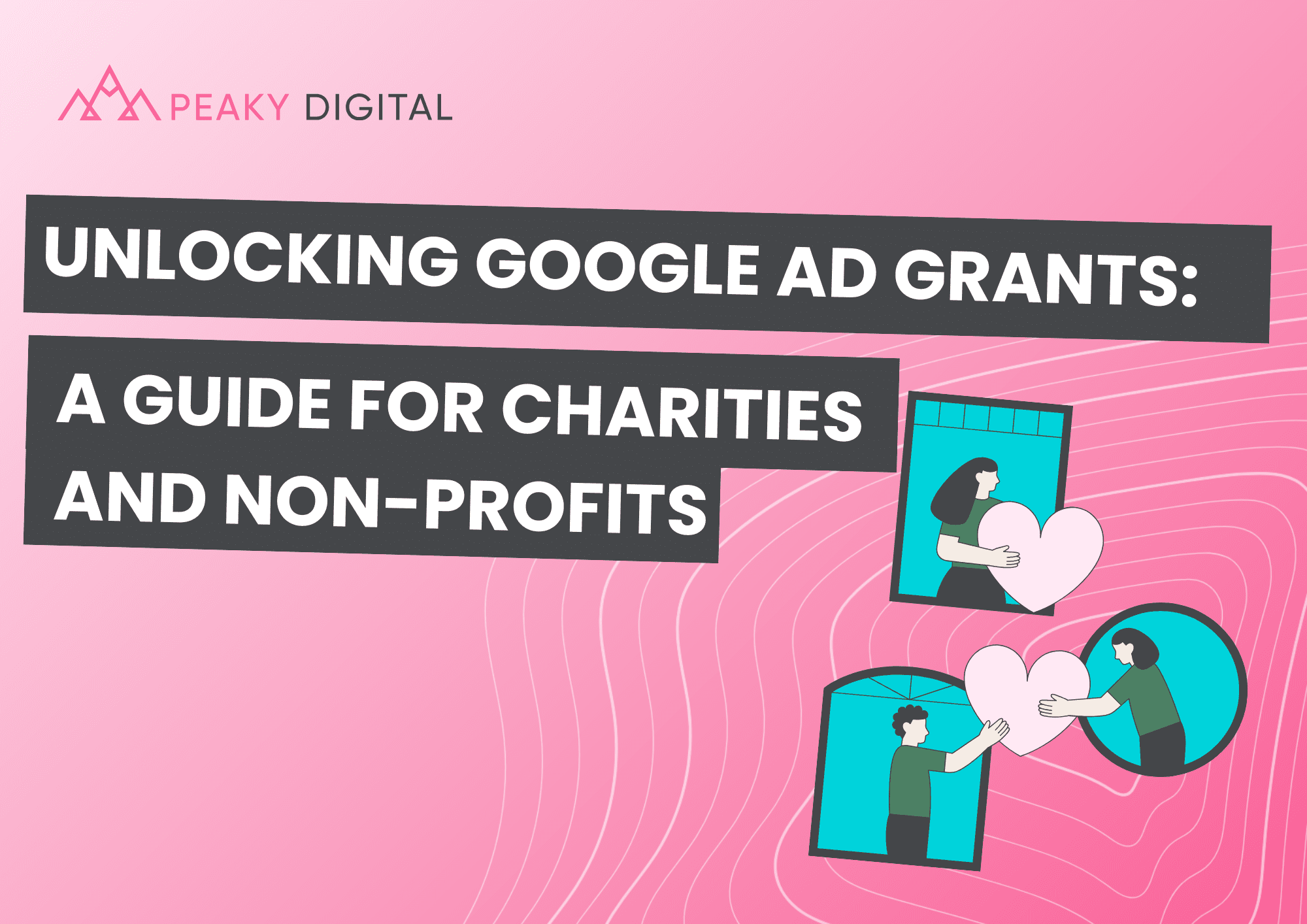
Partnering for Success: How to Elevate Your Non-Profit Google Ads Account
Apr 10, 2025
Managing a Google Ad Grant seems simple in theory but with Google’s strict Ads Grant policies,…
by India Gumbley
Mar 16, 2022

The D2C business model has enjoyed renewed popularity in recent years. With consumers becoming ever-more mindful of the way brands operate and their commitment to sustainability, a streamlined approach to commerce is an exciting way of engaging customers and building brand sentiment.
It’s not just smaller/independent businesses that are adopting this approach, either; global brands like Nike and L’Oreal have revitalised their messaging to push users towards buying straight from their online stores and engage with their support services directly when needed.
Brands are being forced to become increasingly personal with consumers – and this isn’t a bad thing! A D2C marketing approach can have significant advantages for your business.
Put simply, D2C businesses are those that market and distribute goods directly from the manufacturer to the consumer, cutting out 3rd party wholesalers, distributors and retailers. Products and services are marketed directly to users online, available to purchase from the manufacturer’s website, and then delivered straight to the end consumer.
D2C businesses thrived during the start of the COVID pandemic when traditional retailers were closed, forcing consumers to buy online almost exclusively. Now that the world is no longer “shut down” as it were, consumers don’t want to go back to the old way of doing things. D2C businesses thrive on cultivating loyalty with consumers in a digital format, and that loyalty can’t simply be replaced by the old way of doing things!
The digital shopping experience has played a pivotal role in the rise of D2C strategies, making it easier than ever for these businesses to operate. It’s an exciting time to be a D2C brand!
D2C brands require a robust marketing strategy – more-so than traditional retailers given the minimised supply chain.
Digital marketing in particular is highly effective for D2C businesses. Because modern D2C businesses conduct so much of their business online – if not all their business – the digital space is the best place to market these goods and services and usher users along the path to becoming customers.
The exact digital marketing approach a D2C business should take will, as always, depends on the brand – but one thing every business will need is a comprehensive digital marketing strategy.
The key pillar in creating an effective digital marketing strategy for a D2C business is to lean into the power and potential of ecommerce marketing. The best ecommerce strategies take a cross-channel approach by leveraging every resource available to the business, from email marketing to organic social media management / paid social media advertising, and SEO to PPC.
D2C businesses have the benefit of enjoying a more personal interaction with customers.
This is great for the customer because they feel their shopping experience is tailored to them, just like you’d expect when shopping in-store.
It’s also beneficial for the business, as you’re able to build a reputation for excellent service with your audience and understand them better. For marketing purposes, it’s also easier to gauge your audience’s interests, enabling you to put together more reliable demographics and add a new layer of personalisation to the consumer’s experience. Win-win!
Of course, a cross-channel approach is labour-intensive and time-exhaustive, so relying on a dedicated marketing department or enlisting a digital marketing agency will enable you to focus on the areas that matter most to you.
Digital marketing, like your brand at large, can scale over time, so don’t try to do everything at once if you don’t have the resources to do so.
Next, let’s explore some points you can tick off the checklist when putting together your D2C digital marketing strategy.
Email marketing is a powerful tool for D2C businesses, especially when using a smart automation platform like Klaviyo to personalise the end user’s experience.
The reason email is so effective for D2C is that it allows businesses to communicate directly with their audience, giving them access to the latest offers, promotions and deals when they need them.
Especially if your business uses a subscription-based model, email is non-negotiable. The great thing about it is that when you have your email Flows set up, you can sit back and let the automation do the work.
Find out more by downloading our free Klaviyo Flows whitepaper.
Social media is another vital tool to incorporate into your digital strategy. With beautifully designed assets that align with your identity, they can effectively enhance customer experience on your socials and get audiences on board with your vision.
It doesn’t end there, though; community management is an important part of social media, so start conversations and engage in them with your users to build the relationship.
Paid social media advertising is another avenue you can explore if you’re looking to broaden your reach. Increasingly popular is the use of influencer marketing – and with smaller D2C businesses, consider building relationships with micro-influencers who fit with your brand.
Micro-influencers are social media influencers that haven’t yet attained celebrity status, but still have more followers than the average user. They’re great for sustaining partnerships with, because as their followings grow, so too will your brand visibility.
An understanding of SEO best practice is vital for the digital-first approach of D2C companies. Ensure your SEO strategy leans into both technical SEO and content creation, with a view to boosting your site’s organic visibility.
Understanding search intent will go a long way in developing your SEO strategy. Knowing why your audiences search for the terms they do will allow you to put together a plan of action to address their queries.
Put content front and centre to establish authority within your industry and get users engaging with your brand, as content and SEO go hand-in-hand.
If you choose to leverage pay-per-click advertising for your business, lean into the more personalised nature of D2C brands to set yourself apart to viewers. Carefully consider the adcopy and imagery you use on your campaigns, and ensure that every ad you run is data-driven, informed by keyword research and careful analysis.
Conversion tracking on your PPC campaigns will give you valuable insight into the users who are converting on your site – highly valuable in ascertaining your focus demographics as a D2C business.
If you’re looking for help crafting your business’s D2C marketing strategy, look no further. Peaky Digital is a boutique digital marketing agency specialising in helping D2C companies reach new peaks online.
Get in touch with us today if you’d like to find out more about our services and arrange a call with the team.
Brand awareness, business growth or a bigger and better ROI, our team of digital specialists are here to help you get the most from your brand. Let's start a new partnership today.

Apr 10, 2025
Managing a Google Ad Grant seems simple in theory but with Google’s strict Ads Grant policies,…

Apr 7, 2025
You’ve got the Google Ad grant for your organisation—but what’s next? Having free ad spend…

Apr 2, 2025
Imagine having up to $10,000 of free advertising every single month to shout about your cause. …